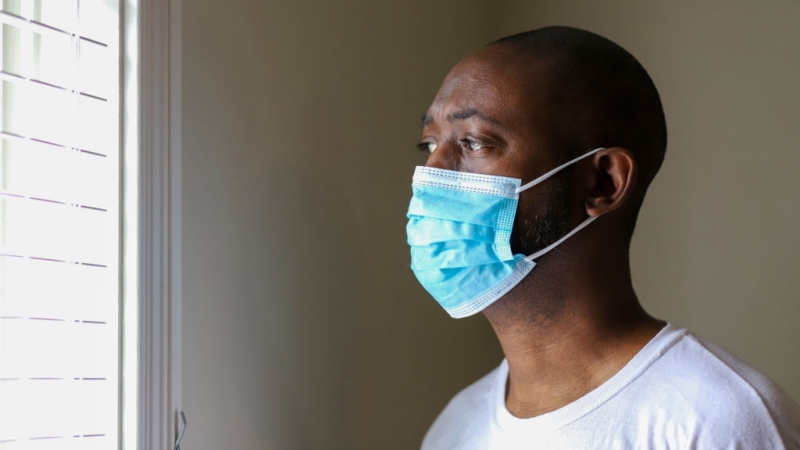The African-American population has been experiencing more severe symptoms from COVID-19 than whites, overall. | Stock Photo
The African-American population has been experiencing more severe symptoms from COVID-19 than whites, overall. | Stock Photo
For still unexplained reasons, non-Hispanic Blacks are more seriously affected by COVID-19, Dr. Shirish Gadgeel told the host of WJR's "The Paul W. Smith Show."
For example, Black Americans who already have cancer have more complications from COVID-19, are more likely to be hospitalized and more likely to require ventilators, said Gadgeel, division head of hematology-oncology at the Henry Ford Cancer Institute.
Overall, patients with cancer or who are receiving cancer treatment experience a higher rate of COVID-19 infection and mortality than the general population, Gadgeel explained.

Shirish M Gadgeel, MD
| Henry Ford Health System
“What is interesting is that what is observed in the general population, the risk of getting COVID-19, as well as complications from it, were higher based on certain ethnic, socioeconomic factors, as well as medical factors,” he told Smith. “We did see a higher rate of infection among African-American patients, as well as patients who lived in areas with low-to-medium household incomes, as well as patients who had comorbidities, such as kidney conditions, heart conditions.”
It’s not certain what is causing the disparities that exist, even when accounting for factors such as preexisting medical conditions, the physician said.
“I think we are continuing to learn, we are continuing our study, so that as we follow these patients, we will be able to better understand why certain populations, particularly non-Hispanic blacks, experience a high rate of complications,” he said on the radio program.
Patients living in households with lower incomes have worse outcomes as a result of COVID-19 than those from households with higher incomes, Gadgeel said. There could be a variety of factors for that are causing this.
“Maybe they have less access to health care, and because of that, maybe these patients are seeking health care when their COVID-19 is much more advanced,” he told Smith. “I think... we need to pay particular attention to patients who belong to these demographics and pay particular attention, not only in terms of managing COVID-19, but try and ensure that we reduce the risk of infection with simple measures like wearing a mask and social distancing.”


 Alerts Sign-up
Alerts Sign-up